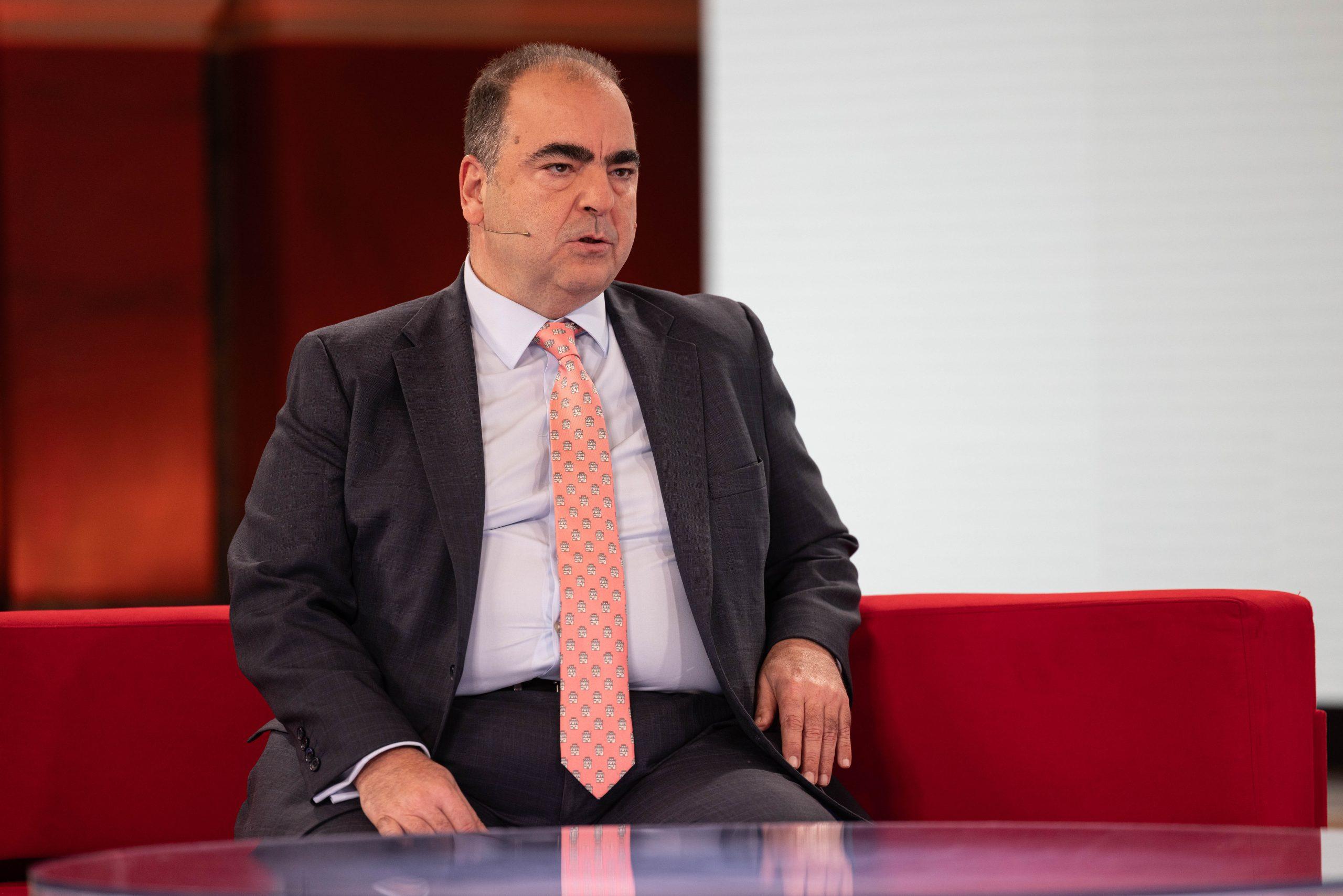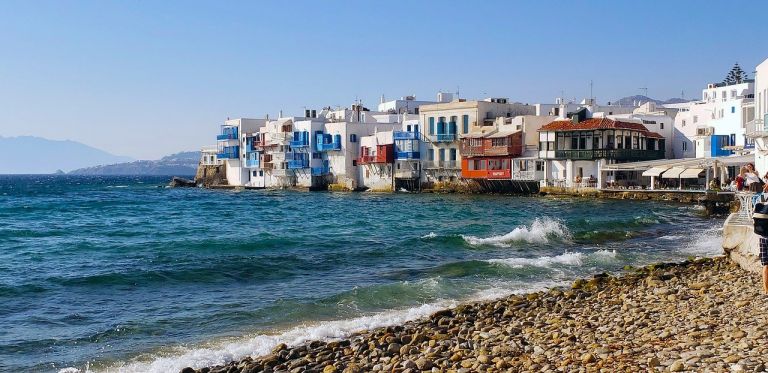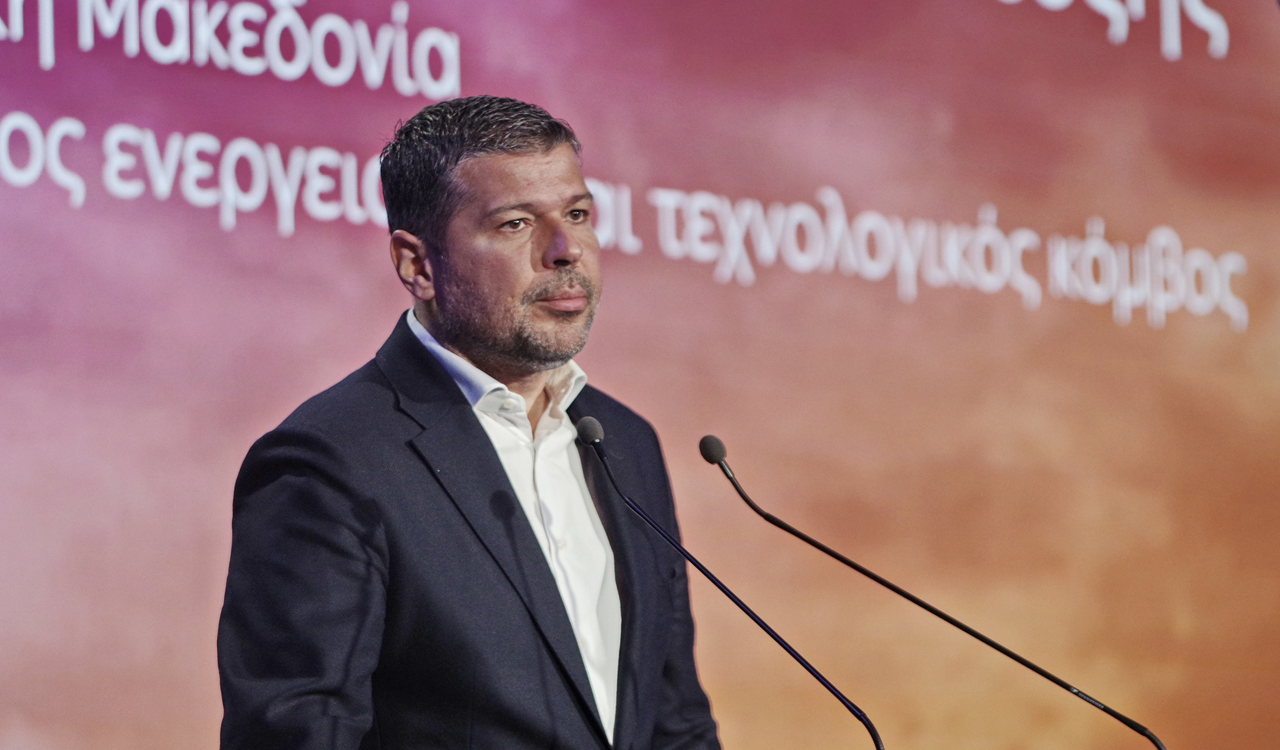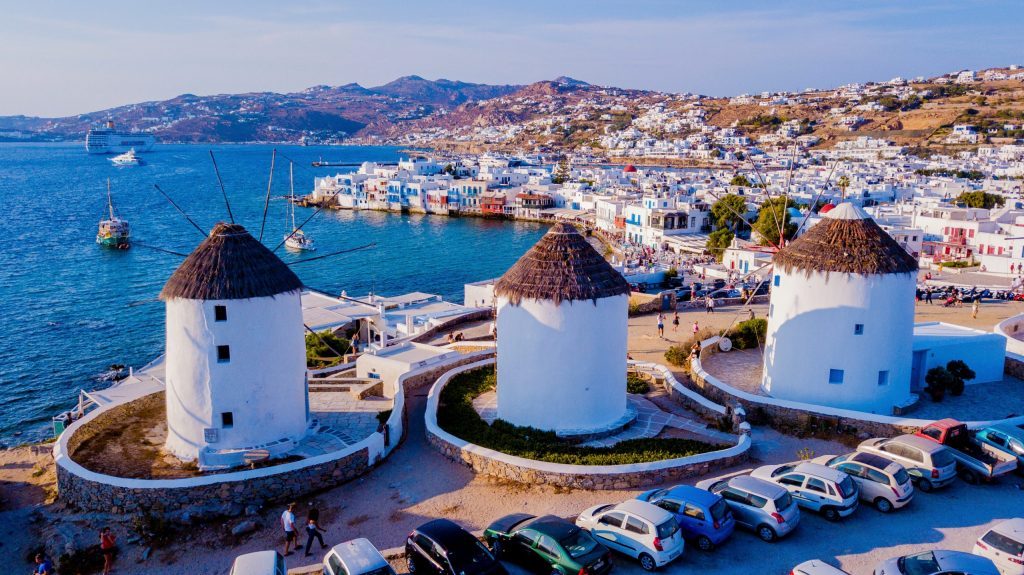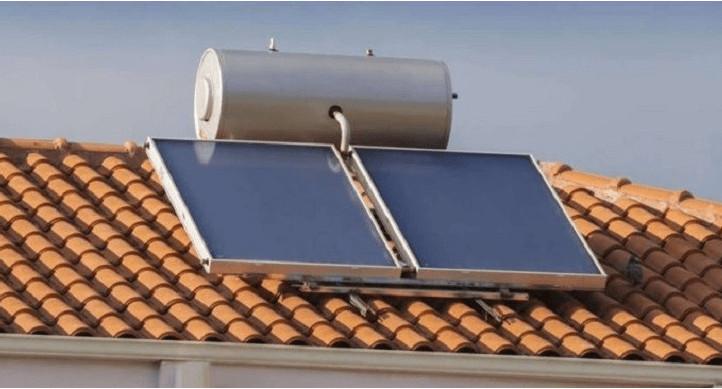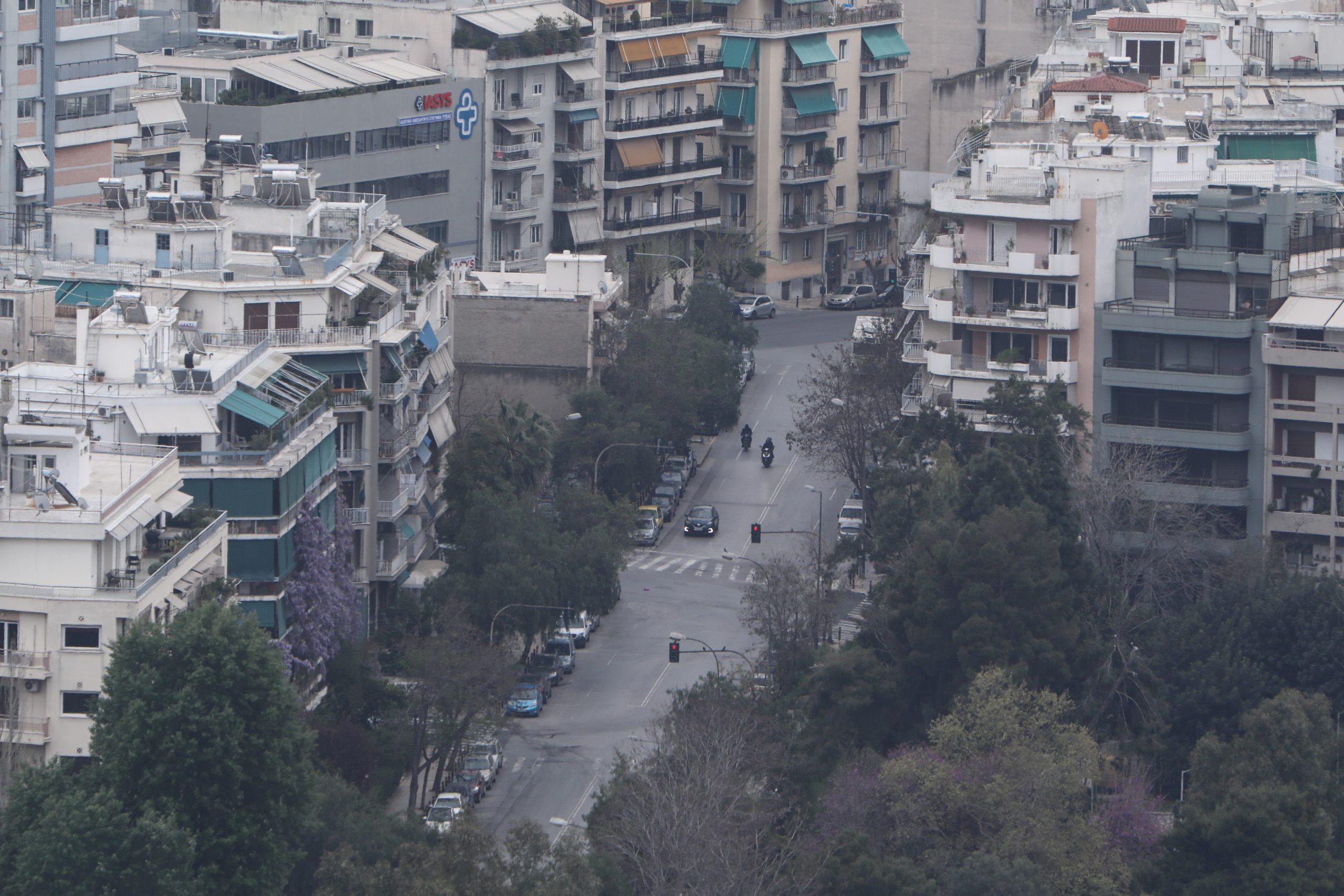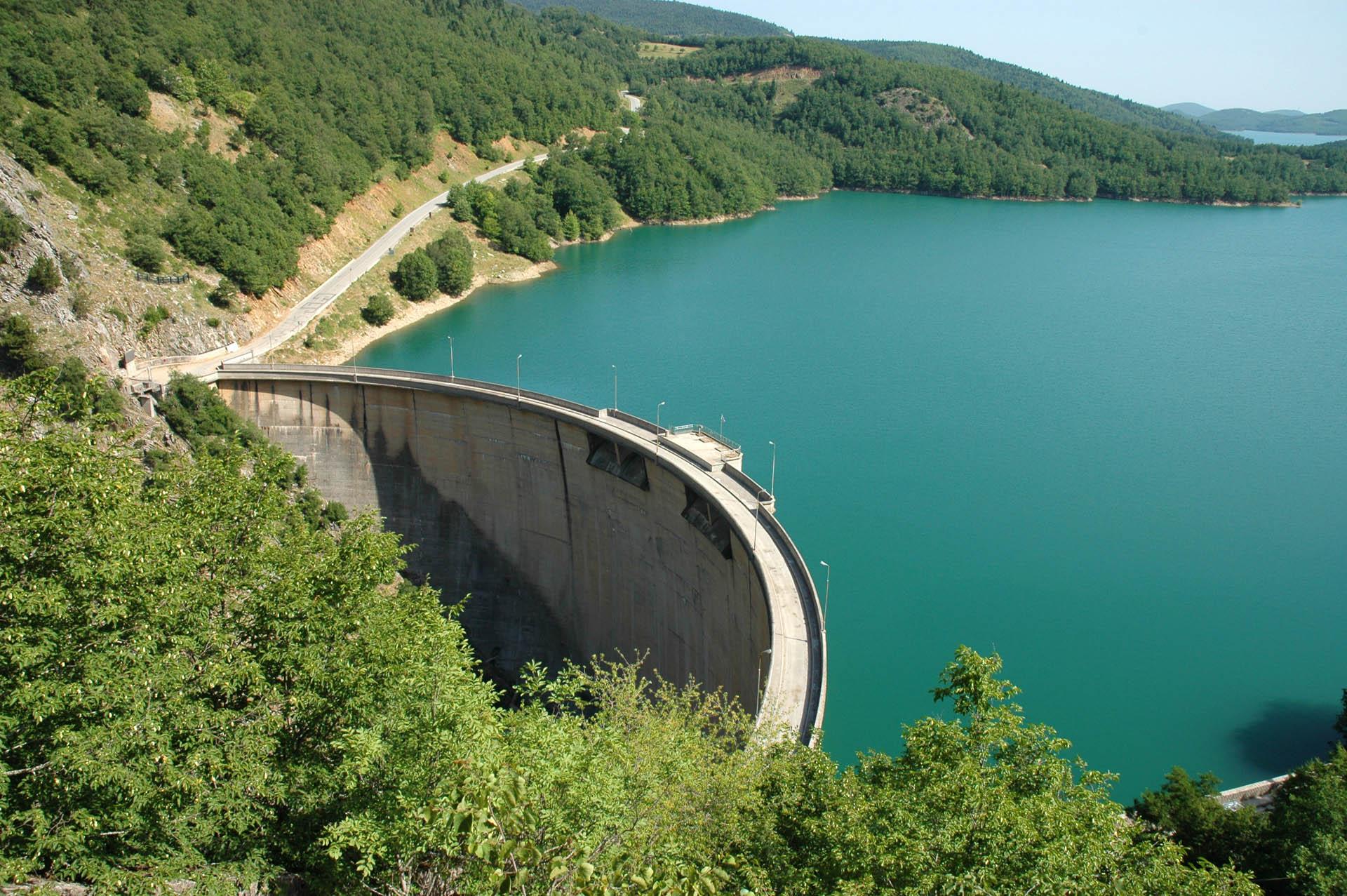Several regions of the country are issuing a warning signal due to the lack of water. In Thessaly, producers are in despair ahead of the irrigation season, with the water level in Lake Plastira remaining at very low levels, while this year is also particularly difficult in Chios, where measures are being taken for fear of insufficient drinking water in the summer.
After the unprecedented drought that prevailed in 2022 in Europe, the risk of a catastrophic manifestation of the phenomenon remains visible this year, with the Eurasia Group recently warning that water scarcity will be the biggest risk to the economy in 2023.
The term climate change is no longer a theoretical concept but a reality experienced daily by the world’s citizens…
Lake level drops by 2 meters
The most serious problem is found in Thessaly this year: at the end of January the level of Lake Plastira was 1.80 meters lower than last year. From then until the end of February, according to the data of the National Observatory, it did not rain at all, while the limited rains that occurred in the first days of March were not able to change the picture. The situation has intensified the anxiety of farmers, who point out that the crops are already facing problems. The concern is even greater for wheat and barley growers as the plants have already grown, due to the mild winter, and are in need of water. Action is considered imperative. According to a recent scientific study, approximately 24% of the land in the hilly areas of Thessaly will become unsuitable for cultivation by 2050 due to erosion and 7% due to salinization. “Soil loss will inevitably have a negative impact on overall agricultural production,” Andreas I. Karamanos, an academic and former rector of the Agricultural University who participated in the research, said recently.
In Northern Greece
Macedonia and Thrace are also experiencing severe drought, while overall in Northern Greece from October until today, the largest number of days with temperatures higher than normal for the season were recorded, accompanied by a significant lack of rainfall.
Precious water was lost
Concern also prevails in Eastern Crete, as the drought has significantly reduced the water reserves in its dams. The rapid rainfall of the last few days increased the total amount of water, but due to the violence of the rain, a significant part of it was lost as it ran off quickly.
Imposition of measures
Authorities do not exclude the possibility of restricting consumption in areas facing water shortages. One of these cases is Chios where at the beginning of February the rain gauge stations of Central Chios, where the majority of the population resides, had recorded almost 35 centimeters of water, while the situation was more worrying in South Chios and in the northwest, in Volissos, with 22.9 cm. The data sounded the alarm about possible water shortages in the summer and autumn seasons. “For the first year after many years we have 30 points of water, when in other years we had an average of 60-80 points. This means that it has not rained at all and that all the surface water we had to fill the reservoirs and springs has not run off. So we are at zero. And we have before us the summer when the needs increase due to tourism”, Vassilis Myriagos, president of the Municipal Water Supply Company of Chios, told “NEA” newspaper. “To find water there are two ways: one is for God to make it rain and the second is for us to take measures. We have increased the desalination units, we will give water from boreholes trying to improve its quality. We believe that we will make it through the summer – the tragic thing, however, is that we don’t know what will happen next year…”.
Forecasts for water shortages in Greece had been made for years. The Climate Change Impact Study Committee of the Bank of Greece reported in 2011 that 40% of the Greek territory, especially in the east and south, is at risk of desertification by 2100 due to reduced rainfall and increased temperatures.
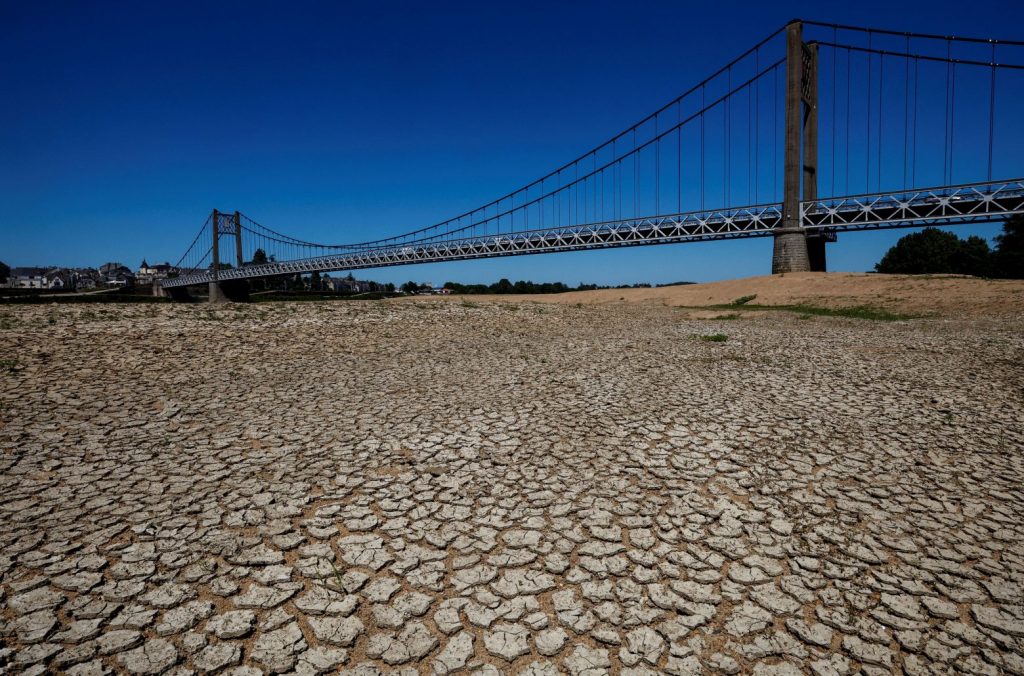
![ΟΤ Forum – Εξάρχου [AKTOR]: Μεγάλο ενδιαφέρον από ξένους που θέλουν να επενδύσουν στην Ελλάδα](https://www.ot.gr/wp-content/uploads/2025/05/ot_Exarchou.png)
